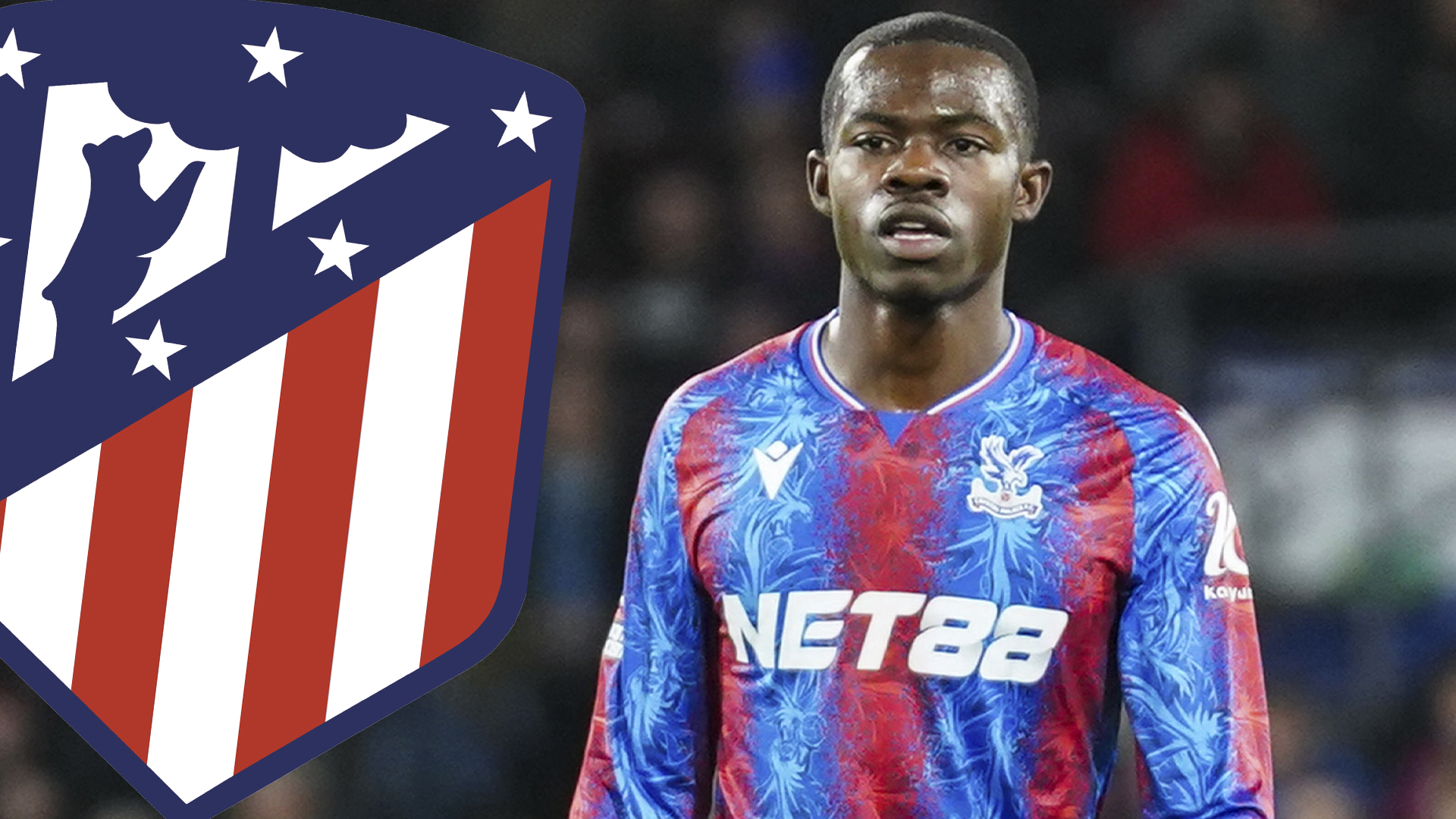In the high-stakes theater of the summer transfer window, a familiar script is unfolding for Olympique Marseille`s pursuit of American winger Timothy Weah. What began as a promising courtship with Juventus for the dynamic forward has now entered a classic «impasse,» a term that, in football parlance, often signifies a standoff over finances rather than a lack of mutual interest. Marseille`s ambitions to bolster their squad with Weah are currently being tested by Juventus`s recalibrated valuation, turning the negotiation into a delicate dance of demands and budgetary discipline.
The Contenders: OM`s Ambition Meets Juventus`s Valuation
Olympique Marseille, keen to strengthen their offensive options, identified Timothy Weah as a prime target. Weah, known for his versatility across the front line and his blistering pace, represents a valuable asset. The son of football legend George Weah, Timothy has steadily carved out his own professional career, bringing a blend of athleticism and tactical awareness to the pitch. Marseille`s initial offer, a structured loan deal with an obligation to buy, totaled a respectable 15 million Euros. This figure, interestingly, mirrored an offer from English Premier League side Nottingham Forest, signaling a perceived market value for the player.
However, Juventus, never one to miss an opportunity to maximize returns, swiftly countered. The Bianconeri, perhaps sensing broader interest or simply adhering to their own valuation models, upped their asking price to 20 million Euros. This 5 million Euro difference, while seemingly marginal in the grand scheme of top-tier football transfers, has proven to be a significant stumbling block for the French club.
The Financial Conundrum: Budget Discipline vs. Market Dynamics
Marseille finds itself in a common predicament for clubs operating with predefined financial frameworks. Beyond the transfer fee itself, Weah`s current wages present an additional hurdle. Integrating a player of his caliber often means accommodating a substantial salary, which must align with the club`s existing wage structure and overall budget. In an era of increasing financial scrutiny and sustainability efforts, clubs are often hesitant to breach pre-set limits, even for highly desired targets.
«In football transfers, an `impasse` is rarely a brick wall; more often, it`s a strategic pause, a test of patience, and a negotiation tactic. Both sides know the game.»
Currently, Marseille`s management appears resolute in their commitment to their financial blueprint. They are, at this moment, unwilling to exceed the budget allocated for this summer`s acquisitions. This stance, while prudent, places the ball firmly back in Juventus`s court, or rather, on the negotiation table, waiting for a potential compromise.
What Lies Ahead? The Art of the Deal
The situation remains fluid, a testament to the dynamic nature of the transfer market. Both parties are reportedly still engaged in discussions, suggesting that a complete breakdown has not occurred. This implies a continued effort to bridge the valuation gap, perhaps through revised payment structures, performance-related add-ons, or a slight softening of demands from either side.
For Weah, this period of uncertainty is a familiar aspect of a footballer`s career. For Marseille, it`s a test of their resolve and negotiating prowess. And for Juventus, it`s an exercise in maximizing the value of their assets. As the summer window progresses, the football world will keenly watch to see if this «moment of impasse» evolves into a breakthrough, or if the financial realities dictate a different outcome for Timothy Weah`s potential move to the Velodrome.

